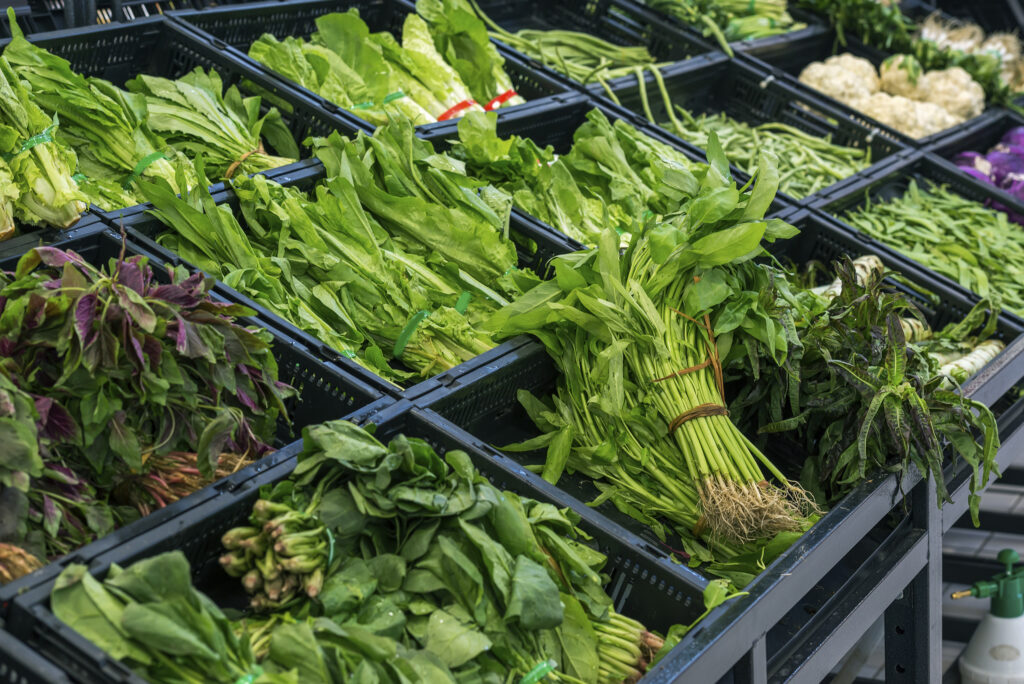Due to recent Maximum Residue Limits (MRL) violations on several export shipments to Taiwan, Western Growers reminds members that while the U.S. may have established tolerances on a particular pesticide/fungicide, other countries’ threshold limits may be lower or non-established. Such violations will not only place the individual shipper on enhanced surveillance, but in many cases will increase the surveillance of the entire industry when exporting to Taiwan.
Both shippers directly exporting and growers who may sell to exporters should identify any pesticide/fungicide applications on any lot to be exported, and review MRL requirements of the importing country to ensure compliance. Members can refer to the USDA MRL database available here or go to the link: http://www.mrldatabase.com/default.cfm?selectedcommoditygroup=438.
It is essential that exporters communicate regularly with the individual growers and their field personnel about the need to select fruits and/or vegetables for harvest that will ensure compliance with Taiwan’s MRLs, including the review of spray records to confirm the dates and amounts of application.
Western Growers recommends that exporters strictly adhere to the following procedures:
- Require your supplier (grower/packer) to provide a complete list identifying any pesticide/fungicide that has been applied either pre-harvest or post-harvest.
- Compare the list of pesticides/fungicides applied by the supplier against the database for Taiwan’s residue limit.
- Provide your supplier with the database information to ensure the shipment will be within Taiwan’s residue tolerance.
- Confirm that your supplier acknowledges that they have reviewed the appropriate database and is familiar with the pesticide/fungicide tolerances of both the U.S. and Taiwan prior to releasing the lot for shipment.
Again, it is imperative to not release a shipment for export until verifying pesticide/fungicide use and potential residue levels against those of the importing country.
For more information, please contact Ken Gilliland at (949) 885-2267.


